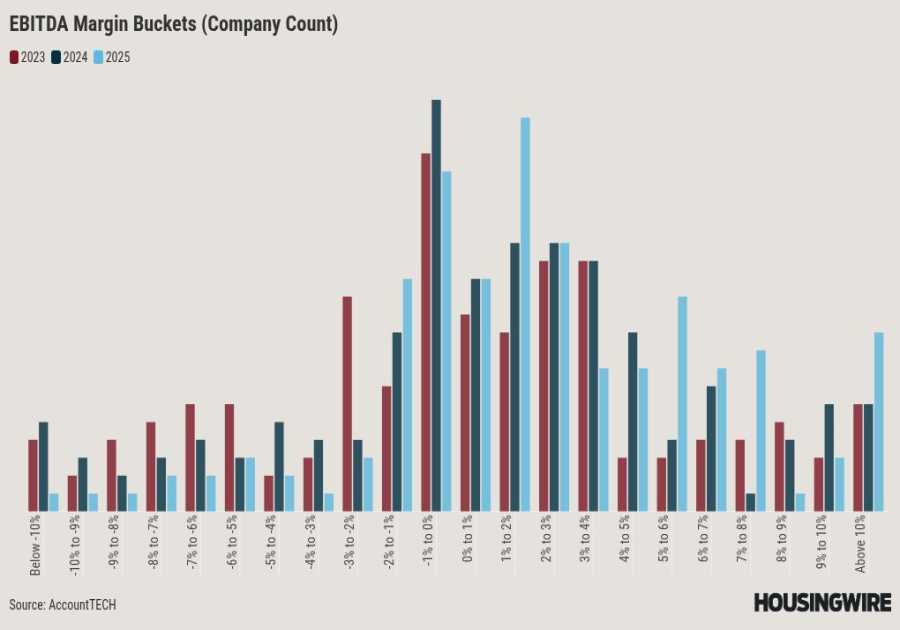When a couple marries or moves in together, they need to negotiate many personal details—how they’ll spend their free time, what time they’ll go to sleep, whose friends and family they’ll spend time with, etc. However, one of the most challenging facets of a relationship is deciding how the couple will manage their money. Financial disagreements of couples can occur regularly, and, if not resolved, can lead to constant arguments or even divorce. However, if you’re willing to listen to your partner, talk openly, and compromise, you can resolve many money issues in time.
5 Biggest Financial Disagreements of Couples
Couples face many money challenges, but these five are the most common.
How to Divide Expenses
Should you merge your money into one account, or should you each have separate accounts? If you have different accounts, should you split the amount that’s owed for household payments based on the percentage of money you earn or at a flat rate?
There’s no correct answer; couples must decide what they feel comfortable with.
Who Pays the Bills
Along the same lines, who will be the money manager? Will you each pay your own bills? If so, who pays the joint bills, such as utilities and the house payment? Who decides on your investment strategy?
In our household, I do most of the budgeting and money management; my husband joins me for a monthly budget update, and I ask his opinion for large purchases, but I do the rest. We both grew up in households where our mothers handled the finances, and I enjoy handling the money, so that was a natural decision for us. Don’t be surprised if the answers to the question of who is the money manager is rooted in what you saw modeled in your childhood.
How Much to Spend
A particularly contentious issue is how much each partner should spend. Some couples agree on an allowance. For instance, each partner gets $200 monthly to spend as they please. Or, couples agree that before they buy anything over a set amount, say $100, they’ll talk to one another about it first.
If you’re in a relationship where one person is a saver and the other is a spendthrift, determining how much each person can spend (and sticking to that agreement) is essential. Respecting one another and each’s comfort level for spending can help you avoid money fights.
Comfort with Debt
Some people hate debt and will do anything to stay out of debt, while others feel they will always be in debt and aren’t bothered by it. You and your partner must decide where you each fall on the spectrum.
Long-Term Goals
Finally, what are your long-term goals? One person might want a comfortable retirement, so they feel all surplus money should be funneled to retirement accounts, while the other person wants to travel and prefers to spend on experiences while they’re able to. There is nothing wrong with either scenario, but you will need to negotiate so each person feels they can reach their long-term financial goals.
Final Thoughts
Before you get married or move in together, have several money conversations. Doing so can help you avoid many of the financial disagreements of couples. In addition, don’t be afraid to seek counseling to resolve some of your financial disputes.
Read More
How to Financially Support Your Spouse During a Career Change
How to Improve Financial Communication for Couples
6 Signs You’re with a Financially Compatible Spouse
------------Read More
By: Melissa Batai
Title: 5 Biggest Financial Disagreements of Couples
Sourced From: www.dinksfinance.com/2023/09/5-biggest-financial-disagreements-of-couples/
Published Date: Wed, 06 Sep 2023 00:08:49 +0000
.png)





